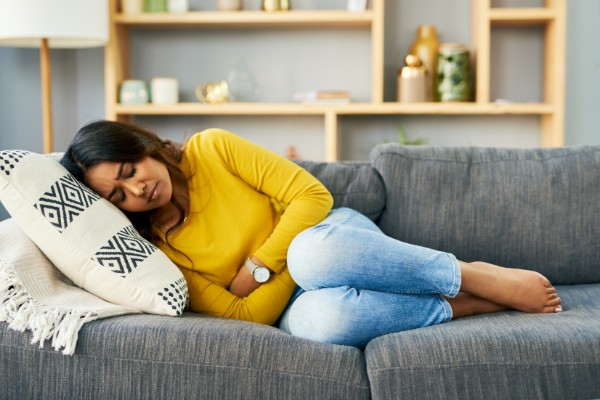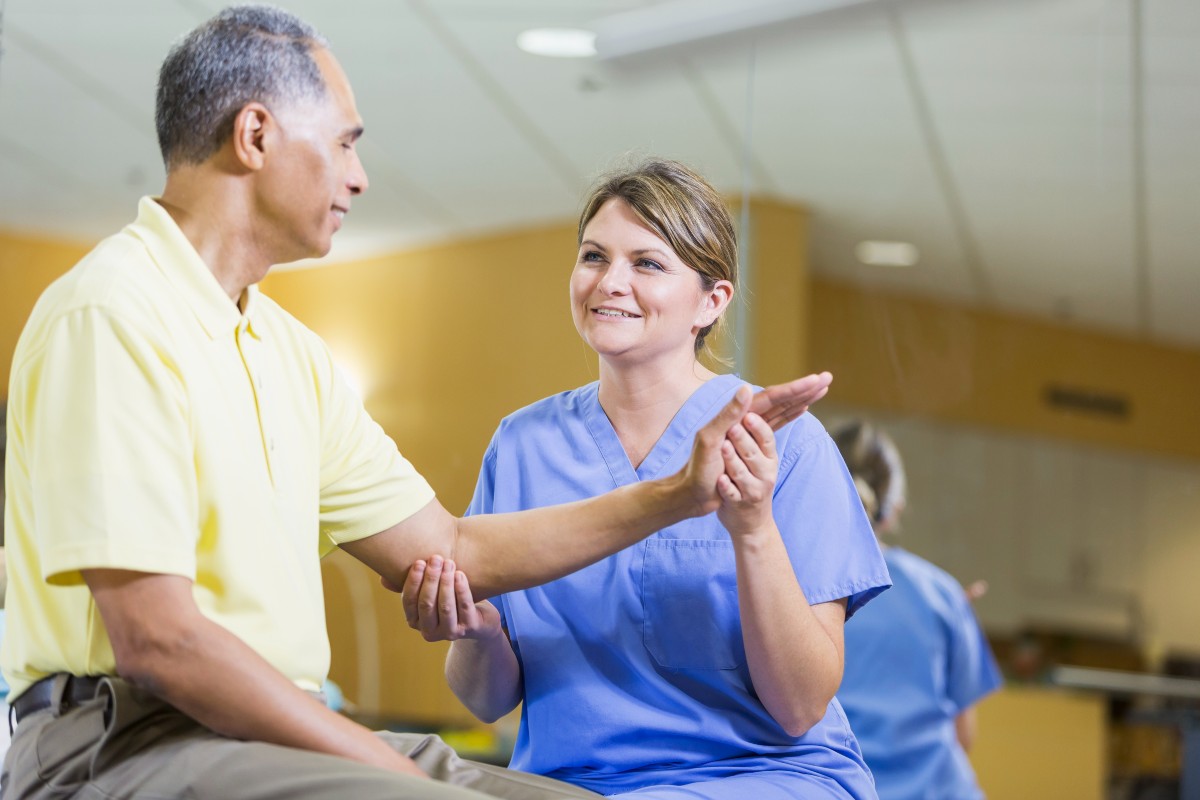It might sound like a complicated condition, but diverticulitis is simply an infected pouch (called “diverticula”) in your colon, or large intestine.
“These pouches can develop anywhere in your intestines. If you have them, the condition is called diverticulosis. When the pouches become infected, you have diverticulitis,” says Michael Ney, M.D., gastroenterologist with Riverside Health System.
How common is Diverticulitis?
Diverticulitis is quite common. In fact, according to Medscape, it is the third most common; inpatient gastrointestinal diagnosis in the United States. It’s also a frequent diagnosis in an emergency room or an outpatient setting.
What’s more, according to the Canadian Journal of Gastroenterology, an increase in diverticular disease among younger patients has also been reported.
What Causes Diverticulitis?
According to Mayo Clinic, diverticula usually develop when weak areas in your colon give way under pressure. This results in small pouches which bulge through the colon wall.
In addition, research has shown that the following conditions can cause diverticulitis:
- A diet that is low in fiber
- A diet that is high in animal fat
- Aging
- Obesity
- Lack of exercise
- Some medications, such as steroids or pain-relievers (nonsteroidal anti-inflammatory drugs)
What Are the Symptoms of Diverticulitis?
Symptoms of diverticulitis vary, and can be mild or severe. One of the main symptoms is abdominal pain. The lower left side of the abdomen is often where people feel pain. However, sometimes the right side of the abdomen feels more painful, and this is especially true for people of Asian descent.
If you have diverticulitis, you might also have these additional symptoms:
- Abdominal pain
- Fever
- Diarrhea or loose stools
- Constipation due to an abdominal obstruction
- Blood in the stool
- Bloating
- Nausea or vomiting
- Loss of appetite
- Rectal bleeding
- Urgent and frequent need to urinate
If you have any of these symptoms, it’s important to see a health care provider as soon as possible so that your doctor can order tests and make a proper diagnosis.
“If you don’t properly treat it, diverticulitis can lead to very serious complications, so see your doctor if you have any of these symptoms,” says Dr. Ney.
How Is Diverticulitis Diagnosed?
According to Mayo Clinic, you might need the following tests during the diagnosis process:
- A liver enzyme test. This test is done to determine the cause of abdominal pain, which could be related to your liver.
- A stool test. This is done to find out the cause of diarrhea and to rule out infection.
- A CT scan. This can identify inflamed or infected pouches and confirm your diagnosis.
How is Diverticulitis Treated?
Treatment depends on a variety of factors, including the severity of your symptoms. If you have uncomplicated diverticulitis, you can usually make diet changes that will help you feel better. If you are having a severe attack of diverticulitis, your doctor might tell you to have a clear-liquid diet for a few days. A liquid diet can last for a few days until your stomach feels better and symptoms improve.
In addition, a lower-fiber diet might help your stomach symptoms improve. Your doctor can help you add higher-fiber foods a little at a time once your stomach feels better. Talk to your doctor about the best diet to follow if you have been diagnosed with diverticulitis.
In some cases, your doctor might prescribe medications, which can include antibiotics. In severe cases of diverticulitis, surgery may be necessary if other treatments do not work, or if complications occur.
Diverticulitis is common, but it is a treatable condition. If you have diverticulitis -- or you have questions about your risk of getting it -- talk with your health care provider. People who have diverticulitis often make dietary changes to feel better. Many people find that a diet high in fat, sugar, or processed foods makes their symptoms much worse. Fortunately, your doctor can treat your symptoms and help you improve your overall digestive health. If you are having symptoms of diverticulitis, talk with your doctor today. Find a Riverside gastroenterology specialist near you.



